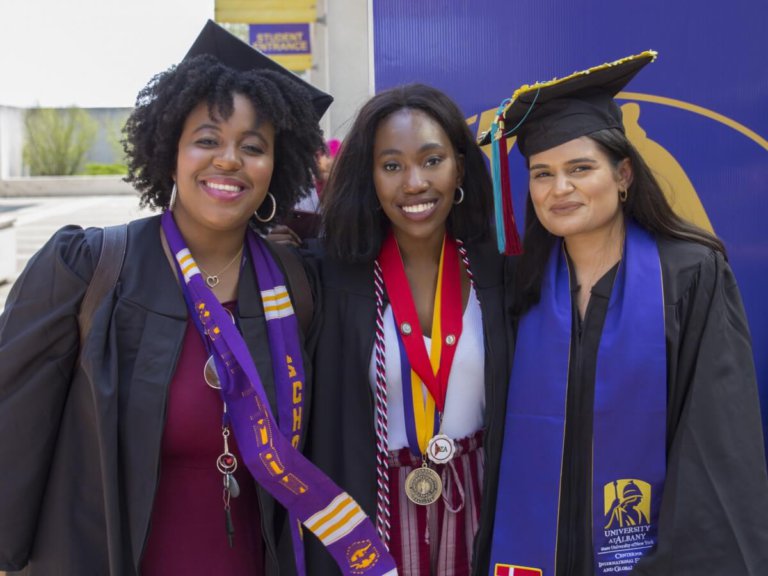
On November 28, 2017, a McKinsey Global Institute report estimated that between 400-800 million people could find themselves displaced by automation. China would have the most workers displaced, with other advanced economies not far behind. There will be new opportunities too if only governments and businesses can work together to retrain millions of people.
On March 17, 2018, The New York Times reported that English political consulting firm Cambridge Analytica had harvested private information from more than 50 million Facebook users without their permission – the largest data leak in the social network’s history. Later, it was reported they did work for Brexit groups as well, upping the scrutiny from investigators and lawmakers on both sides of the Atlantic.
On October 8, 2018, the world’s leading climate scientists released a landmark report which warned that we have only 12 years left to limit global warming to 1.5°C above pre-industrial levels, or risk the significant worsening of drought, floods, extreme heat and poverty affecting hundreds of millions of people.
From Big Tech to the climate crisis and the Fourth Industrial Revolution, the biggest forces reshaping the world as we know it will need countries to work together like never before. As these three big issues show, the mainstay of domestic public policy concerns – such as electoral politics, public health, environmental issues – are increasingly being influenced externally by larger regional changes.
In this changing world, the need for leaders with a sound grounding in international affairs has never been greater. To tackle these urgent issues, graduate students with the relevant education and work background will be in demand, tasked with managing the relationships between states and spearhead the industries of the future.
Producing the talent to manoeuvre this intricate world of international politics, business and economy is the University at Albany’s Rockefeller College of Public Affairs & Policy.

Rockefeller College of Public Affairs & Policy
The college’s Master of International Affairs seeks to provide students with the practical and theoretical knowledge for careers in the public, private and non-profit sectors within countries, as well as in relations between them.
Located in the capital city of New York State, the college offers future leaders a multidisciplinary Master’s degree with a broad educational foundation in international relations theory, policy analysis, economics, management and quantitative methods, as well as practical knowledge and analytical and managerial skills. Classroom lessons are supplemented by practical learning opportunities – via internships and a capstone project – which further the college’s mission to prepare dynamic leaders who will shape the public policies of the future.
The college’s track record is proven. Among graduate schools of public affairs, it’s ranked 4th nationwide in Information Technology and Management, 12th in Homeland Security and Emergency Management, 13th in Public Management and Administration, 14th in Nonprofit Management, 17th in Public Finance and Budgeting, and 34th in Public Policy Analysis, in the US News and World Report rankings.
Graduate Tianning Huang said: “High quality education is the first thing that Rockefeller offered me.”
MIA course and modules: A world of opportunity
So, what can students expect from this top-ranked public affairs college?
The curriculum requires 12 full-semester courses (48 credit hours), including a six-course core curriculum, five elective courses, a capstone project and an internship or career experience.
Though the MIA programme is entering only its 4th year, the college has placed students at some of the most prominent organisations in the world, including the US Department of State, US Committee for Refugee and Immigrant Services, the National Center for Security & Preparedness, Human Rights Watch, Peace Institute of Cambodia and the SUNY Center for International Development.
One stand-out feature of this international relations program is flexibility.
Firstly, the MIA offers synchronous distance learning. In times like these when so much is uncertain, your coursework never will be. Using Zoom technology, all MIA classes meet virtually, no matter where you are.
Whether you are an international student who is delayed in arriving in the US or a student doing an internship in New York City, Washington DC or abroad, you will never need to miss a class as the MIA is designed to work with students’ complex lives.
Additionally, there is a two-year full-time option as well as part-time options to complete the programme in three to six years.

Rockefeller College of Public Affairs & Policy
Students also choose from four concentrations based on their career goals: Diplomacy and Global Governance, Global Economic Policy, Global and Homeland Security and Global Public Management.
At the University’s research institute CTG UAlbany, hundreds of domestic and international researchers collaborate to pursue new ways of using technology to address the practical problems of information management and service delivery in government. In its 25 years, it has worked with 50 government agencies, 70 private companies, 70 academic institutions and 40 non-profit organisations. Students at the college will not only benefit from this extensive global network of partnerships, but will have their master’s projects supported by the institute too.
Rockefeller College’s graduates are some of the most sought-after candidates to fill in the increasing demand in governments, multilateral institutions, corporations and NGOs across the world. Equipped with cutting-edge knowledge on international relations, Rockefeller College alumni go on to transform the lives of the people they serve.
Follow SUNY Albany on Facebook and YouTube
Liked this? Then you’ll love…
A day in the life of a Rockefeller student
Master International Affairs and Global Solutions with UAlbany’s Rockefeller College







